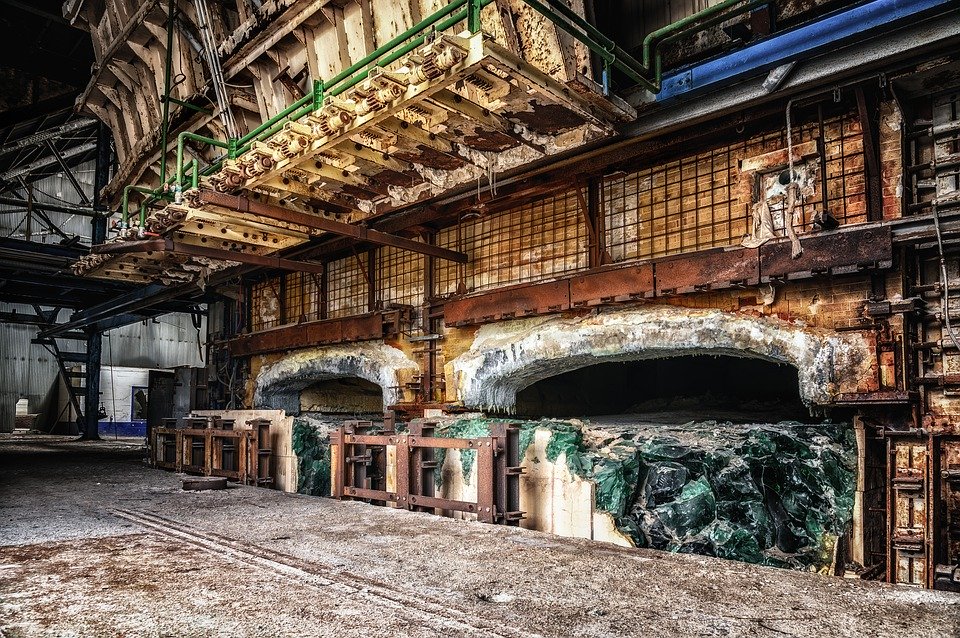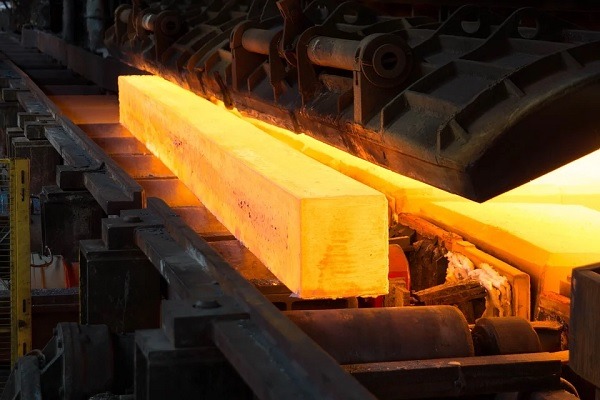Are you looking into getting an industrial oven for your business? There are a lot of questions that typically come along with thinking about this kind of purchase. Typically people want to know about the different types of ovens available as well as the financial costs of purchasing one and the energy cost of running one.
It’s also important to know about the proper maintenance of an industrial oven as well as the health and safety precautions necessary to keep everyone in your business healthy and happy.
What Is An Industrial Oven?
At its most basic, an industrial oven is a heated chamber that is used for a wide variety of heat treatment processes. They are capable of operating at high temperatures and can be used for both large and small volumes. There are two types of industrial ovens: batch ovens and continuous ovens. Batch ovens can sometimes also be called “walk-in” ovens and they function by inserting batches of materials that all need to be subject to the same heat-treatment process. Usually, these batches are placed in the oven on carts, trays, or racks. The movement of batches can be done manually or automatically.
A continuous oven is more typically chosen in situations where mass-production is going to occur. They provide consistent heat and can often have a separate chamber for cooling items which will further speed up the process.
Financial and Energy Cost
Industrial ovens can be heated by natural gas or electricity, but almost always convection is used to move the heat within the oven. Each of these methods affects the overall energy required to function.
Electrical heated industrial ovens can warm up quite quickly and do not result in pollution. They tend to be less expensive upfront, but the cost of the energy required can make them more expensive in the long run.
Gas-fired industrial ovens tend to be a little more expensive upfront and this is because gas ovens are more expensive to build than electric ones. This being said, they typically make up for the cost later as the operating costs are much lower.
Two other factors to consider when comparing the types of industrial ovens include, first, the services available at your industrial facility. Many locations have access to electricity, but not gas service, meaning there will be a one-time cost of adding a gas service. Often with this price included, gas-fired industrial ovens are still less expensive over time.
In addition to the energy services available in your location, you need to look into the amp draw required to run an electric oven if you are choosing that option. Not all facilities have the required utilities to manage this, meaning you may be required to improve the electricity system in your location before using an electric industrial oven.
Maintenance Required
The basics of good maintenance start with awareness. Before turning on any oven, make sure that all safeties in the system are working properly. Make sure that the controls and gauges are working. Most industrial ovens come with a suggested start sequence that will ensure you do not miss any mechanical issues that have come from wear.
Along with daily maintenance awareness, you should also be caring for your oven. Keeping in mind, cleanliness can help improve the longevity of your industrial oven. Depending on what you use the oven for, this is going to look different for everyone.
In addition, every few months you should do a deeper check-up where you examine the fans, making sure they are free of debris. For gas ovens, you will want to check that the flame length is correct and the gas is evenly distributed. For all ovens, you are going to want to ensure that the ducts and other connections to the oven are also in good shape.
Beyond the checks and awareness mentioned above, there are things that you and your team likely will not be able to do in regards to maintenance. The experts from https://www.pqovens.com/ recommend scheduling regular inspections by a professional. This will help you ensure that all parts within the oven are operating efficiently and that the oven has maintained calibration and heat profile.
Safety Precautions Necessary
Industrial ovens always need to be operated with safety in mind. Safety impacts every person at your plant and every part of your business, every day. To begin, never disregard any of the safety features or safeguards that come with your industrial oven. Each oven will come with a guide that explains the safe use of that particular product.
In addition to the manufacturer’s guide, there will be specific safety laws your work falls under depending on what sort of items you will be producing using the industrial oven. Often the different classes of safety requirements depend on whether the materials present are flammable, combustible, have present solvents, or volatile materials. Always research the laws in your country and your specific state or province. Follow legal guidelines in your location.
There you have it. The things you need to keep in mind when considering the purchase of an industrial oven. Like with all large purchases, do your research and take your time selecting the best product for you and your business.


